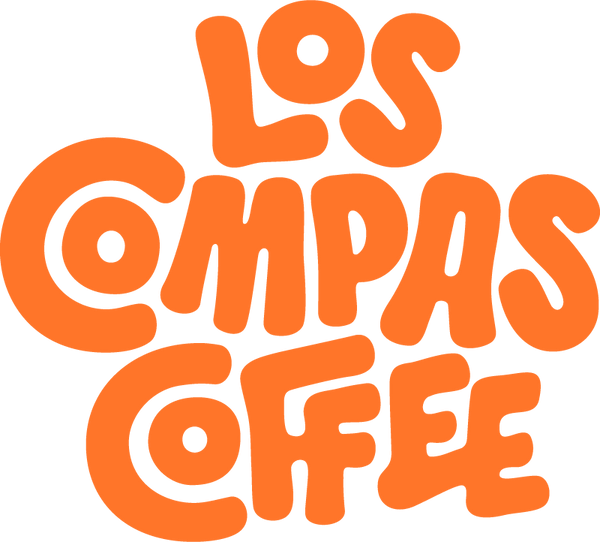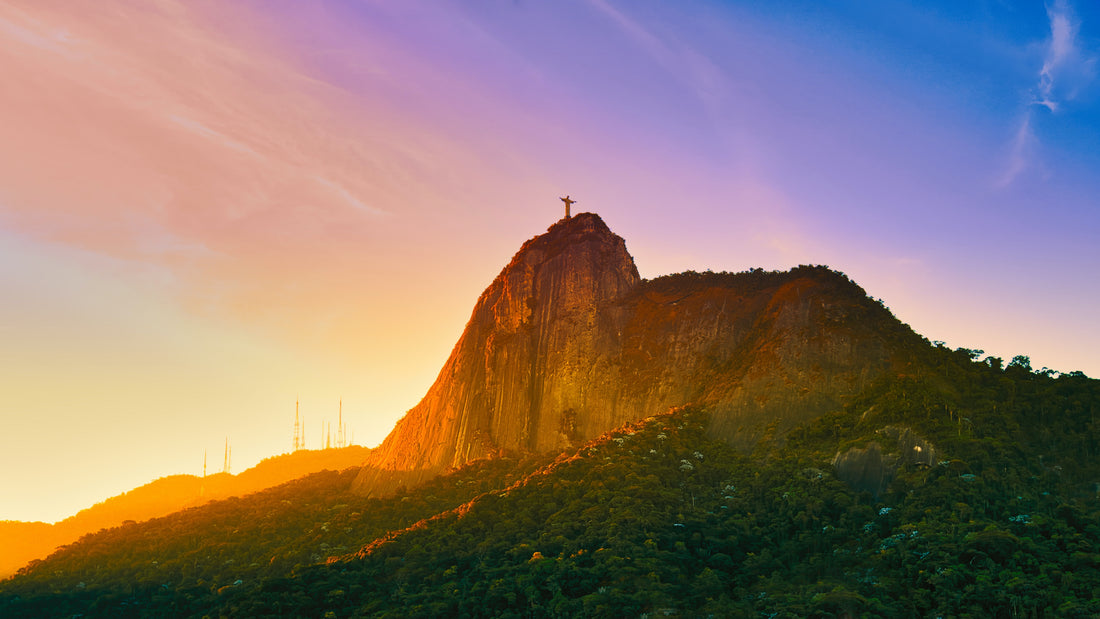I was fortunate enough to have visited Brazil in 2010 on a study abroad trip in graduate school and I remember it being not only a place of great natural beauty and pulsating energy, but also where I had the worst cup of coffee in my life.
My friends there helped me order "cafe con leche," coffee with milk, but pronounced rather romantically as laaych. My feelings of exoticism quickly subsided when I swallowed what tasted like potting soil boiled in rusty pipe water.
Knowing what I now do about the coffee export business, I realize what was likely in my cup was either brewed, low-grade Arabica beans or instant coffee made from Robusta beans, the hardier of the two species and a true commodity crop.
You see, coffee producing nations often export their best beans to countries like the United States, saving lower grade beans for local consumption. While these leftover beans are often still good, I wasn't at some fancy coffee shop in São Paulo. I was at a university cafe likely ladling out crap coffee to undiscerning students.
Wherever my cursed cup came from, I regret not seeking out an elevated coffee experience during my month in Brazil. While I drank copious amounts of coffee during my 20s, the craft of specialty coffee was lost on me. To know that I was a stone's throw from heritage coffee farms and I didn't visit is something I regret to this day.
What a Specialty Brazilian Cup is Like
Brazilian specialty coffee has a taste profile that often includes chocolatey and nutty flavors. I think that's why I enjoy roasting it so much. It reminds me of baking dense sweet breads and leaves me craving Chocolate Babka. There is something brown-buttery about the whole process.
From a good Brazilian bean, roasted medium to dark, you can expect a sweet and satisfying full bodied cup that is low in acidity. If you're into fruity and floral notes, look elsewhere - Brazil is a strictly cacao kind of place.
On Farms and Traceability
High quality coffee is almost always traceable to a single farm, but in the case of Brazil, so are "so-so" coffees. That is because the country is such a large producer. There are instances of ginormous so-so lots of coffee that are traceable to a single grower. So if you really care, do your research.
I source from suppliers who dabble in specialty grade coffee only so, as far as Los Compas is concerned, this is a non-issue. So head on over to the shop and help yourself of one of our Brazilian roasts today -- especially if you're in the mood for a nutty, chocolatey cup.

